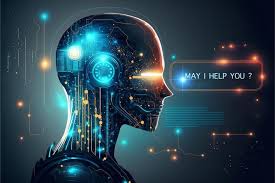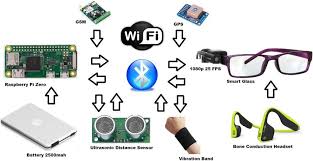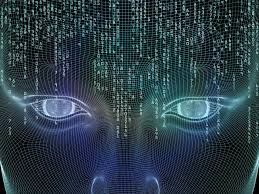Nuance Audio is a new option for people who resist traditional aids, from the company that makes Ray-Bans and operates LensCrafters.
Seekers of Meaning Podcast Posted Online March 7, 2025
What's Next Longevity Deal Talk Episode 32, January, 2025
Presentation: What's Next Longevity Venture Summit, June, 2025

 Asking ChatGPT a question on an iPhone returns a detailed answer. Of course, it’s slightly different when asked again. The question: “What devices are useful for monitoring older adults in their home?” The categories (and sub-categories) were not surprising – you can give it a try yourself. They included medical alerts, smart home devices, cameras and video monitoring, remote health monitoring fall detection sensors, GPS tracking devices, medication management, environmental monitoring. On the iPhone, adding companion robots – and an observation: “These devices, especially when used together, can create a safer and more supportive environment for older adults living independently.”
Asking ChatGPT a question on an iPhone returns a detailed answer. Of course, it’s slightly different when asked again. The question: “What devices are useful for monitoring older adults in their home?” The categories (and sub-categories) were not surprising – you can give it a try yourself. They included medical alerts, smart home devices, cameras and video monitoring, remote health monitoring fall detection sensors, GPS tracking devices, medication management, environmental monitoring. On the iPhone, adding companion robots – and an observation: “These devices, especially when used together, can create a safer and more supportive environment for older adults living independently.” Technology has enhanced the world for those with vision limitations. As many as 50 million Americans have some degree of vision loss -- a problem that was poorly addressed by technology prior to the arrival of smartphone navigation, smart glasses, sensors, robotics and AI in nearly all devices and technologies. Today, it's a whole new and innovative world -- supportive of individuals with a range of vision limitations from low vision to completely blind. And in fact, today those who are blind can use haptics to follow a game in real time, even in a stadium. They can create presentations from data sets, read road signs down the road, navigate airports and safely make their way through obstacle-filled streets. Here are five technology enablers that will likely make a difference:
Technology has enhanced the world for those with vision limitations. As many as 50 million Americans have some degree of vision loss -- a problem that was poorly addressed by technology prior to the arrival of smartphone navigation, smart glasses, sensors, robotics and AI in nearly all devices and technologies. Today, it's a whole new and innovative world -- supportive of individuals with a range of vision limitations from low vision to completely blind. And in fact, today those who are blind can use haptics to follow a game in real time, even in a stadium. They can create presentations from data sets, read road signs down the road, navigate airports and safely make their way through obstacle-filled streets. Here are five technology enablers that will likely make a difference:
 It’s 2024 -- chatbots, yuck? Given the pace of change in AI technology – both the software and its rate of adoption – it’s curious that recently the
It’s 2024 -- chatbots, yuck? Given the pace of change in AI technology – both the software and its rate of adoption – it’s curious that recently the